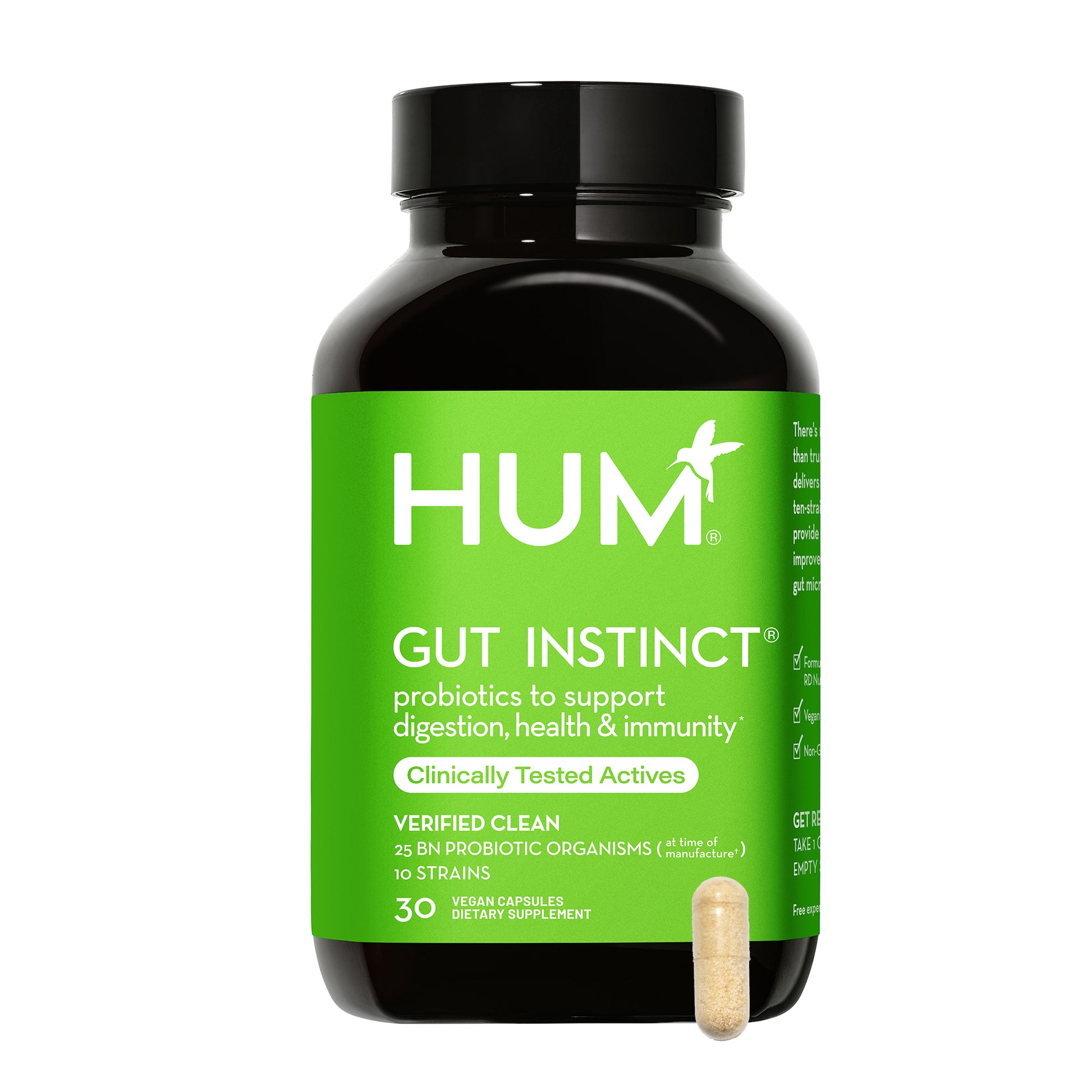Looking for a Gut Health Supplement? Here’s What You Need to Know
Looking for a Gut Health Supplement? Here’s What You Need to Know
Blog Article
Discover the Trick to Food Digestion and Resistance With Digestive Tract Health Assistance

Comprehending Digestive Tract Wellness
Recognizing gut health and wellness is essential for total well-being, as it plays a substantial duty in food digestion, immunity, and also mental health and wellness. The gut, comprising the stomach system, is accountable for breaking down food, absorbing nutrients, and getting rid of waste. A balanced digestive tract environment ensures efficient digestion, allowing the body to make use of nutrients effectively.
Furthermore, intestine health significantly affects the immune system. The gut houses a significant part of the body's immune cells, and a healthy digestive tract can help fend off microorganisms and reduce swelling. Disruptions in intestine health and wellness can result in an over active immune feedback, possibly adding to autoimmune problems and allergic reactions.
Additionally, the intestine is typically referred to as the "second mind" because of the gut-brain axis, a complicated interaction network connecting the gut and the mind. This link influences mood, cognition, and psychological wellness. Problems such as dysbiosis, characterized by an inequality in gut germs, have been related to psychological wellness problems, consisting of anxiousness and depression.
The Gut Microbiome Explained

The digestive tract microbiome, a varied area of microbes living in the intestinal tract, plays a crucial function in maintaining digestion health and total well-being. Comprising trillions of germs, viruses, fungis, and various other germs, this complicated ecological community help in the digestion of food, the synthesis of crucial nutrients, and the regulation of metabolic processes.
Each individual's digestive tract microbiome is special, influenced by elements such as diet plan, lifestyle, genetics, and environmental exposures. A well balanced microbiome sustains ideal digestion by damaging down complicated carbs, generating short-chain fatty acids, and assisting in the absorption of nutrients. Conversely, an inequality, typically described as dysbiosis, can bring about digestive disorders, including irritable bowel syndrome (IBS) and inflammatory digestive tract condition (IBD)
Research has demonstrated that a diverse microbiome is connected with much better health and wellness results, emphasizing the importance of dietary options in supporting these bacteria. Foods abundant in fiber, probiotics, and prebiotics, such as fruits, vegetables, and fermented items, can promote a healthy microbiome. Comprehending the gut microbiome is vital for establishing targeted interventions targeted at improving digestive system wellness and preventing gastrointestinal conditions.

Link In Between Digestion and Resistance
A durable link exists in between digestion and resistance, highlighting the critical duty of the gut in preserving overall health. The stomach system is home to trillions of microbes that form the digestive tract microbiome, which dramatically affects both immune feedbacks and gastrointestinal processes. This facility environment aids in breaking down food, taking in nutrients, and providing necessary metabolites that sustain immune function.
When digestion is reliable, the intestine obstacle remains intact, avoiding damaging pathogens from going into the bloodstream. Approximately 70% of the immune system stays in the gut-associated lymphoid cells (GALT), which communicates closely with the digestive tract microbiome.
Tips for Supporting Digestive Tract Health And Wellness
Sustaining gut health and wellness is click reference vital for keeping both gastrointestinal effectiveness and a well-functioning immune system. To cultivate optimal intestine health, think about including numerous practical methods right into your daily routine.
First, prioritize hydration. Consuming alcohol ample water supports food digestion and aids maintain the that site mucosal cellular lining of the intestines. In addition, normal physical task can improve intestine mobility and promote a diverse microbiome.
Conscious eating practices are also necessary. Chewing food completely and consuming gradually can assist food digestion and avoid overeating, which might worry the digestive tract. Managing stress and anxiety via techniques such as reflection, yoga exercise, or deep-breathing workouts can positively affect digestive tract wellness, as stress and anxiety is known to interfere with gastrointestinal processes.
Incorporating prebiotics and probiotics into your program is another reliable method. While certain foods will be gone over later on, understanding the significance of these parts is essential. Prebiotics function as food for helpful digestive tract germs, while probiotics present live advantageous microorganisms.
Lastly, avoid extreme use anti-biotics, as they can interfere with the balance of gut vegetation. By complying with these ideas, you can dramatically contribute to the upkeep of a healthy gut, which is necessary for overall wellness and vitality.
Foods That Promote Gut Wellness

Fermented foods, such as yogurt, kimchi, i loved this sauerkraut, and kefir, are abundant in probiotics, which are beneficial bacteria that sustain gut plants and enhance food digestion. These foods can assist restore balance in the intestine, especially after antibiotic use or gastrointestinal disruptions.
In addition to fermented choices, prebiotic foods, such as garlic, onions, asparagus, and bananas, act as nourishment for these probiotics, promoting their development and task. These soluble fibers support digestive tract mobility and can relieve concerns like constipation.
Additionally, integrating high-fiber foods, including entire grains, vegetables, fruits, and vegetables, is vital for keeping a healthy gut. Fiber help in routine digestive tract movements and assists protect against digestive system conditions.
Lastly, omega-3 fatty acids located in fatty fish, flaxseeds, and walnuts have anti-inflammatory properties that can better sustain digestive tract health. Highlighting these foods in your diet plan can bring about a robust digestion system and boosted immune function.
Conclusion
In final thought, prioritizing intestine health and wellness is crucial for optimizing digestion and boosting resistance. A balanced digestive tract microbiome, affected by dietary selections and way of life aspects, plays a vital function in nutrient absorption and swelling decrease. Including fermented foods, prebiotics, and high-fiber alternatives, along with appropriate hydration and stress and anxiety management, can dramatically advertise digestive tract wellness. By taking on these techniques, people can support general health and vigor, opening the possible benefits of a well-functioning gastrointestinal system.
Understanding intestine health is essential for general well-being, as it plays a significant role in food digestion, resistance, and also psychological health and wellness. The digestive tract houses a substantial section of the body's immune cells, and a healthy intestine can aid fend off microorganisms and decrease swelling.Furthermore, the digestive tract is commonly referred to as the "2nd brain" due to the gut-brain axis, a complex communication network connecting the brain and the intestine.A durable link exists between digestion and immunity, highlighting the important function of the gut in preserving total wellness.In verdict, prioritizing gut wellness is important for maximizing food digestion and improving immunity.
Report this page